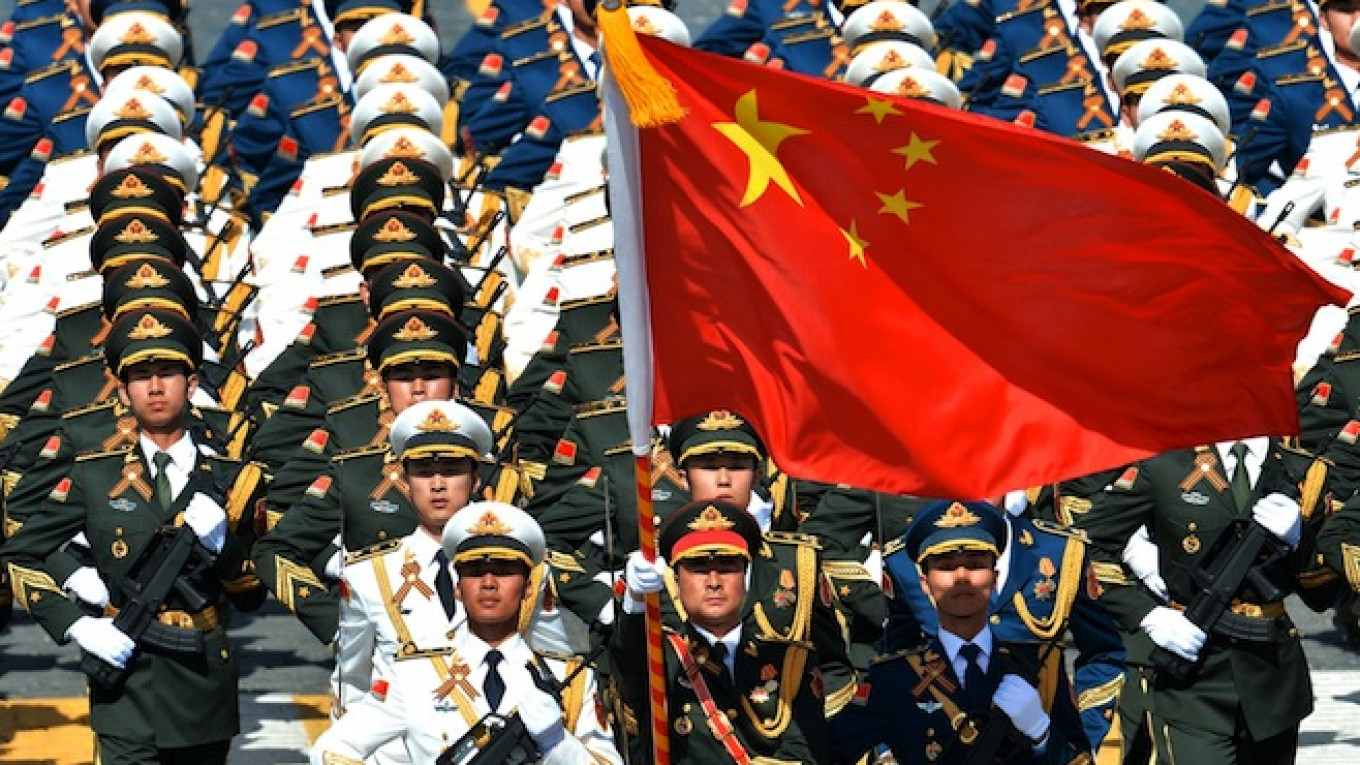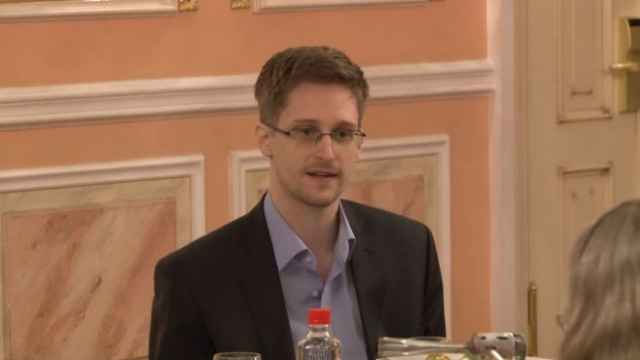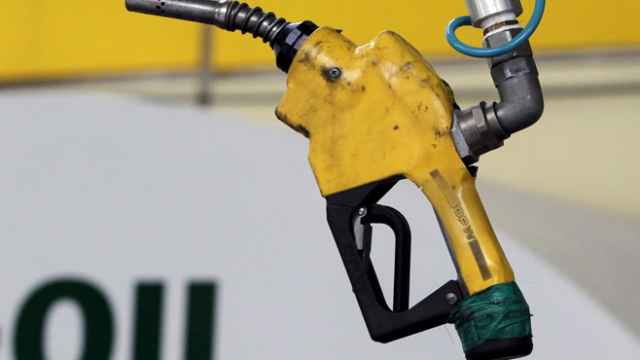BEIJING — Troops from Russia and Mongolia will march together with Chinese forces in a parade in Beijing in September to commemorate the end of World War II, the government and state media said on Thursday, confirming the first two foreign participants.
China has been coy about which countries it plans to invite to the parade, but says it will also likely invite representatives from the Western Allies who fought with China during the war.
President Xi Jinping could be left standing on the stage with few top Western officials, however, diplomats have told Reuters, due to Western governments' concerns over a range of issues, including the expected presence of Russian President Vladimir Putin.
Xi attended a parade in Moscow in May to mark 70 years since the end of the war in Europe. Western leaders boycotted the Moscow parade over Russia's role in the Ukraine crisis.
Chinese Defense Ministry spokesman Yang Yujun said that a "certain number" of countries' militaries had already responded to the invitation for the Beijing event, which will be held around Tiananmen Square.
"Russia and others have already clearly said that they will send representatives to participate and watch the parade," Yang told a regular monthly news briefing, without providing details.
The Global Times, published by the ruling Communist Party's official People's Daily, said that Mongolia, sandwiched between China and Russia, will also send a 75-strong military delegation to march.
The Beijing parade will be Xi's first since he took over as Communist Party leader and military chief in late 2012 and as state president in early 2013.
Sino-Japan relations have long been affected by what China sees as Japan's failure to atone for its occupation of parts of the country before and during the war, and Beijing rarely misses an opportunity to remind its people and the world of this.
In April, U.S. President Barack Obama's top Asia adviser, Evan Medeiros, said that he had questions about whether a large military parade would really send a signal of reconciliation or promote healing, drawing a rebuke from China.
This week, a senior Chinese official complained about what he said was a lack of appreciation in the West about China's sacrifices and contributions during the war.
A Message from The Moscow Times:
Dear readers,
We are facing unprecedented challenges. Russia's Prosecutor General's Office has designated The Moscow Times as an "undesirable" organization, criminalizing our work and putting our staff at risk of prosecution. This follows our earlier unjust labeling as a "foreign agent."
These actions are direct attempts to silence independent journalism in Russia. The authorities claim our work "discredits the decisions of the Russian leadership." We see things differently: we strive to provide accurate, unbiased reporting on Russia.
We, the journalists of The Moscow Times, refuse to be silenced. But to continue our work, we need your help.
Your support, no matter how small, makes a world of difference. If you can, please support us monthly starting from just $2. It's quick to set up, and every contribution makes a significant impact.
By supporting The Moscow Times, you're defending open, independent journalism in the face of repression. Thank you for standing with us.
Remind me later.






